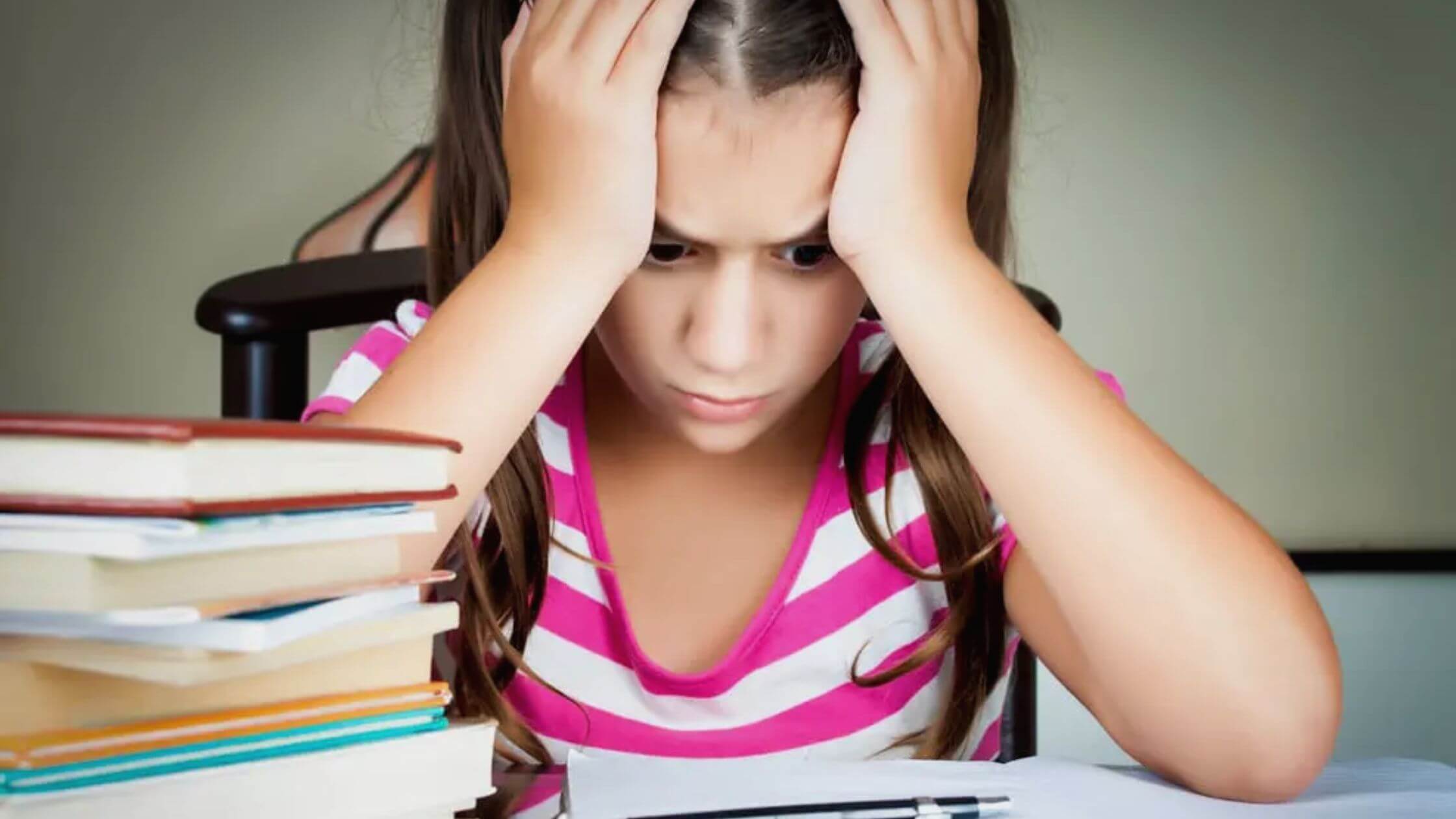School Systems Are Failing Our Youth: The Mental Health Crisis
Nikki Attkisson | Last Updated : August 19, 2022Youth mental health has reached crisis levels recently, with suicide and depression rates increasing by 300% since the 1980s. What’s the cause of this spike? And most importantly, what can we do to combat it?
Today’s article covers the problem, its causes, and potential solutions to youth mental health problems in schools.
What Should Schools Be Doing About Mental Health?
There’s no question that our school systems are failing our youth. For too long, we’ve been treating mental health as an afterthought, something to be dealt with once everything else is taken care of.
But the reality is that mental health should be at the forefront of everything we do in schools.

Here are five ways schools can start making a difference right now by providing adequate mental health resources for their students.
- Offer social and emotional learning curriculam.
- Train teachers on how to identify and address students’ mental health needs.
- Partner with community partners and create meaningful connections between families and schools.
- Bring more counselors into the school system.
- Recognize that every student has different needs; provide flexibility when possible in meeting those needs so they don’t fall through the cracks.
It’s time to take mental health seriously and make it a priority not just in schools but everywhere.
How to spot a crisis?
It’s no secret that our youth are in crisis. Everywhere you look, there’s evidence of it. Whether it’s the news, social media, or even just walking down the street, it’s hard to ignore. So how can you tell if someone you know is in a mental health crisis?
Signs of mental illness and suicide risk
- Withdrawing from friends and activities
- Loss of interest in hobbies or things they used to enjoy
- Increased irritability or anger
- Changes in sleeping habits, either sleeping too much or having difficulty falling asleep
- Loss of appetite or significant weight loss/gain
- Feelings of hopelessness, worthlessness, or helplessness
- Engaging in risky behaviors
What can parents do?
If you suspect your child is struggling with their mental health, the first step is to talk to them. Be open and understanding, and let them know that they can come to you with anything.
You can also reach out to their school counselor or teachers to see if they’ve noticed any changes in your child’s behavior.
More From Powdersville Post:
🔵The Pandemic Takes Heavy Toll On The Mental Health Of Children
🔵Schools Provide Mental Health Support For Children Dealing With Issues Caused By Pandemic
How to create an open dialogue with your child?
The first step is to educate yourself on the warning signs of mental illness in children and adolescents. It’s also important to create an open dialogue with your child about their mental health, so they feel comfortable talking to you about any concerns they may have.
How to get help without outing yourself as someone with mental illness?
If you’re struggling with mental illness, it can be hard to know where to turn for help. You may be worried about being stigmatized or judged if you seek help, but it’s important to remember that help is available.
Here are a few ways to get help without outing yourself as someone with a mental illness
- Reach out to your school counselor
- Call the National Suicide Prevention Lifeline
- Join an online community of people dealing with similar issues
How to prevent teenage suicide?
- Start by talking to your teenager about their mental health and well-being regularly.
- Keep an eye out for warning signs, such as a sudden change in mood or behavior, withdrawal from friends and activities, or increasing risky behavior.
- If you are worried about your teenager, don’t be afraid to reach out to a professional for help.
- It’s also essential to create a supportive environment at home and at school.
- Remember that mental illness is nothing to be ashamed of and the more we talk about it, the less stigmatized it will become!
References:
🔵National Library Of Medicine(n.d)Mental Health Problems in a School Setting in Children and Adolescents(Available Online):https://www.ncbi.nlm.nih.gov/pmc/articles/PMC4850518/
🔵NPR(n.d)Mental Health In Schools: A Hidden Crisis Affecting Millions Of Students(Available Online):https://www.npr.org/sections/ed/2016/08/31/464727159/mental-health-in-schools-a-hidden-crisis-affecting-millions-of-students
With over 15 years as a practicing journalist, Nikki Attkisson found herself at Powdersville Post now after working at several other publications. She is an award-winning journalist with an entrepreneurial spirit and worked as a journalist covering technology, innovation, environmental issues, politics, health etc. Nikki Attkisson has also worked on product development, content strategy, and editorial management for numerous media companies. She began her career at local news stations and worked as a reporter in national newspapers.
